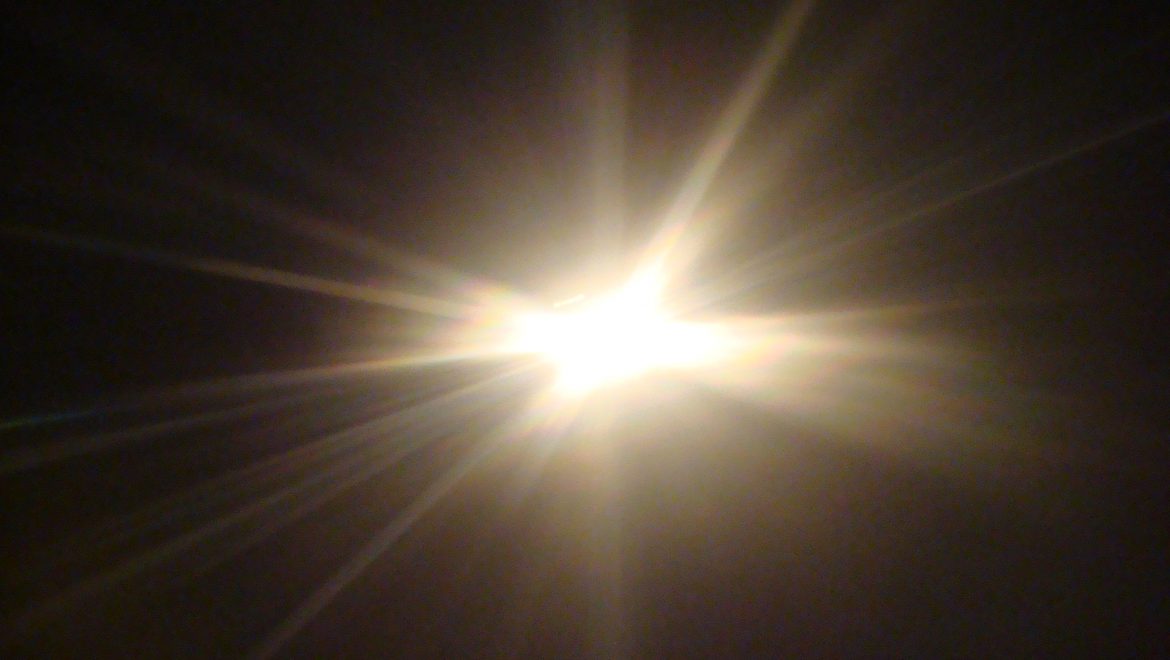
The following excerpt is a translation and explanation of a Hasidic text relating to Shabbat candle lighting, from The Sabbath Soul: Mystical Reflections on the Transformative Power of Holy Time by Eitan Fishbane. The original text explored in this excerpt was written by the Sfat Emet (1847-1905), R. Yehudah Aryeh Leib Alter, a great Hasidic (a spiritual and religious sect of Judaism) Rabbi from the Ger dynasty who utilized multiple ideas from the Bible, Talmud, and Kabbalah (Jewish mysticism). The Sfat Emet explains how lighting the Shabbat candles reveals some of the Divine light that was hidden in the world during Creation. Fishbane expounds on this teaching, attempting to make these deep, mystical ideas accessible to a wider audience. (For a more indepth exploration of this topic, read this article.)
This text is a good resource for those with a background in Jewish thought who are looking to deepen their understanding of Shabbat through Kabbalistic and Hasidic ideas. Dr. Eitan P. Fishbane is associate professor of Jewish Thought at the Jewish Theological Seminary, where he teaches courses in the literature and history of Jewish mysticism from medieval Kabbalah to modern Hasidism.
The Sfat Emet on Parashat Bereishit (1888)
In the midrash it is taught that the light of a person’s face during hol [the weekdays] is different from the light of his face on Shabbat. This means that on Shabbat the inwardness [penimiyut] is revealed, as it is written: “A man’s wisdom lights up his face.” This is the revelation of the extra soul. And so too at large in the world, the inwardness is revealed on the holy Shabbat. As it is written: “And there was light [va-yehi or].”
And our Sages of blessed memory taught that God hid that light for the righteous in the world to come. The utterance “Let there be light” is to be found in every detail of Creation — for all the work of Creation holds a portion of that light. It has just been hidden, and on Shabbat light is revealed from that concealed source. During the six days of the week that light exists in the sense of the ‘aspeklaria that does not shine [a darkened lens], and on Shabbat it is like the ‘aspeklaria that does shine [a clear lens]. And thus the lighting of the Shabbat candles is a mitzvah that hints to the revelation of the hidden light of the holy Shabbat.
Commentary by Dr. Eitan P. Fishbane
The Shabbat candles. The candles shine with an otherworldly glow — a reminder of the radiant Presence that has begun to envelop us, transforming our ordinary space into a small sanctuary, a place made ready for God’s dwelling.
God is the pure light that pulses at the core of Creation, the force of all that is. We yearn for that radiance in every unaware moment of our daily lives, crying out from the narrowness of superficial obsession. Slowly finding our way to the bright gleam of Divinity, like the lover and beloved of the Song of Songs, we leap over mountains in quest of the Heart of all hearts. Most of the week we dwell in darkness — hovering over the face of the deep, unconnected to our spiritual Source. In that time, the time of the ordinary, the light of the divine face remains hidden in the innermost chambers of ourselves — in it unrevealed, and so often inaccessible. Such is the light that was hidden in the Torah at the dawn of time.


